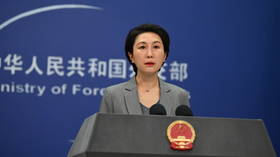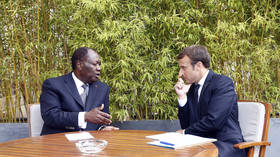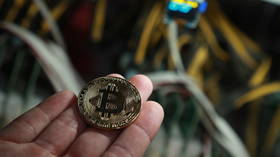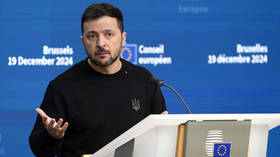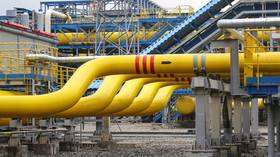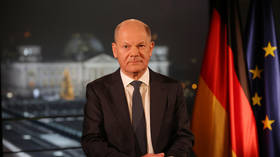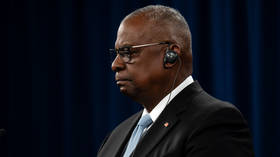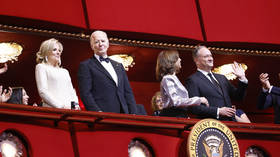Adored by Chelsea fans, but what has Roman Abramovich done for Russian football?
Chelsea’s visit to St. Petersburg this week offers another reminder of the impact Roman Abramovich has had on the English club, but the oligarch’s role in Russian football down the years is much less widely known.
Wednesday’s Champions League meeting with Zenit will be the fifth time Chelsea have made the journey for a competitive European game against a Russian club since Abramovich took over in 2003.
Each time the Blues arrive, there is the added attention of being owned by Russia’s most famous billionaire.
Even with several big-name absences from Thomas Tuchel’s squad, Chelsea will have an expensively assembled constellation of stars on show at the Gazprom Arena.
For all the domestic dominance of Russian champions Zenit – and the backing from their own wealthy benefactors Gazprom – they can only dream of the glittering success that Chelsea have enjoyed under Abramovich.
Abramovich's investment in Chelsea has left him open to accusations of making his money at home but funneling it into ventures abroad.
"What has Roman ever done for us?" Russian football fans might well wonder.
In reality, Abramovich has had an active role in Russian football during his time at Chelsea – albeit one which is shrouded in speculation and which has waned in recent years.
‘SOFT SPOT’ FOR CSKA
According to footballing folklore, Abramovich decided to buy a club after watching Manchester United’s 4-3 Champions League thriller with Real Madrid at Old Trafford in April 2003.
After flirting with various options, he settled on Chelsea. The rest, as they say, is history.
But the Blues were not the first football club for which Abramovich had an affinity. In Russian football terms, he is most closely linked with CSKA Moscow – for whom he has always had a 'soft spot', according to some.
Abramovich is a close friend of longtime CSKA president Yevgeny Giner. Not long before he bought Chelsea, there were rumors in Russia – later denied – that Abramovich was mulling a 50% share in CSKA.
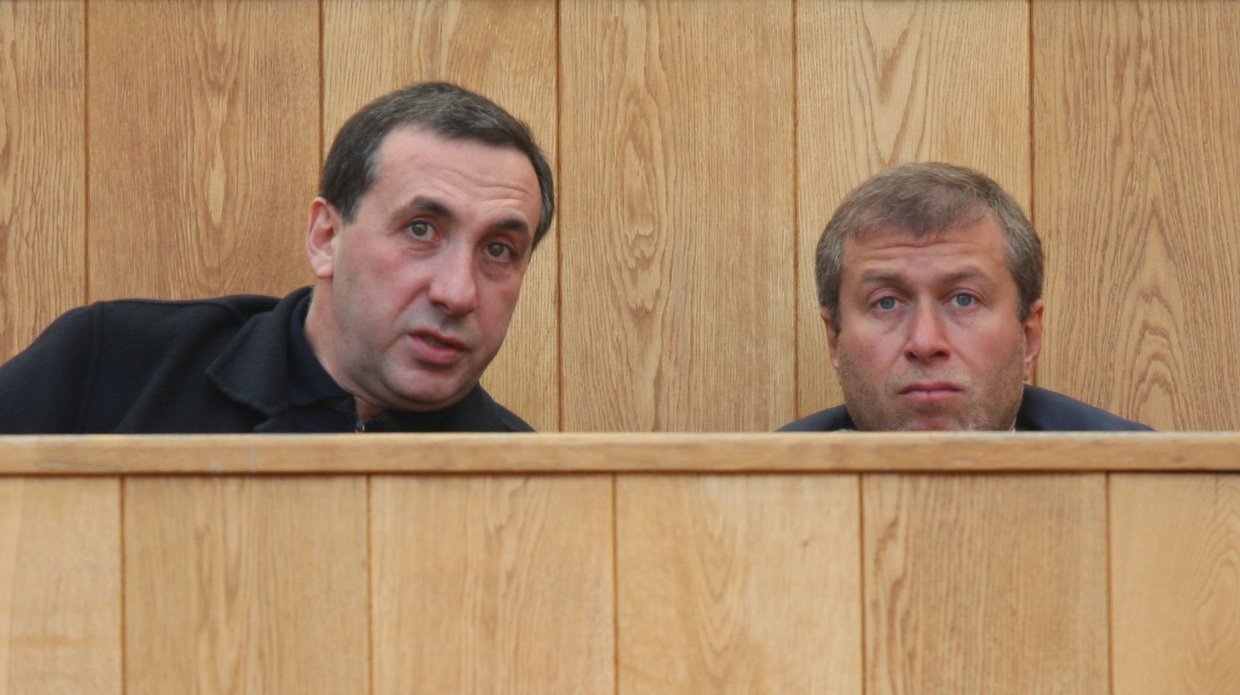
In 2004 after he bought Chelsea, Abramovich was said to have expressed a readiness to fund a new stadium for the Moscow club.
That came after Moscow mayor Yuri Luzhkov venomously asserted that the billionaire’s acquisition of Chelsea was a “spit in the face” for Russians.
"People spend unthinkable amounts of money on the acquisition of foreign clubs, while domestic teams need support, first of all," the fiery Luzhkov was quoted as saying.
In the end, CSKA actually waited until 2016 to move into a new home, in a project chiefly funded through a loan from state development bank VEB, rather than Abramovich.
Energy giant Sibneft, where Abramovich was majority shareholder, did however sign a record three-year sponsorship deal with CSKA Moscow club in March of 2004 worth a reported $54 million, which raised more than a few eyebrows at the time.
There were enough suggestions of Abramovich’s purported interests at CSKA to warrant the football authorities looking into the case. UEFA rules prevent individuals from having a controlling stake in two clubs in the same competition, with Chelsea and CSKA both in the Champions League at that time. UEFA were ultimately satisfied that neither Abramovich nor Sibneft had a direct stake or interest in CSKA.
Nonethless, such was Abramovich’s knowledge of CSKA that when Chelsea played the Moscow club in the Champions League group stage in October 2004, some still joked that the billionaire could do the scouting report for manager Jose Mourinho.
The agreement between Sibneft and CSKA was ultimately ended after less than two years after Abramovich sold his controlling stake in Sibneft to Gazprom.
However, Abramovich and Chelsea continued to be mentioned in association with the Moscow team. In 2009, Chelsea paid CSKA £18 million for the services of Yuri Zhirkov.
CSKA boss Giner would later grumble that they had let Zhirkov go cheaply, but it was enough to make the winger the most expensive Russian footballer in history at the time.
Just as with much of his broader activity, Abramovich’s supposed connections to CSKA have typically been discreet or based on rumor and hearsay.
Vladimir Putin suggested back in 2010 that Abramovich was involved in “sponsoring” one particular club, which most people took to mean CSKA.
“Everyone talks about him being an oligarch, that he bought Chelsea, which is met in Russia with positive and negative emotions,” said Putin at a FIFA press conference in Zurich with Abramovich sitting nearby.
“But Mr. Abramovich helps in the development of Russian football, supports one of the Russian clubs… He won’t say which.”
CSKA president Giner would promptly clarify that “Abramovich sponsors Chelsea, not CSKA, I don’t know what Putin meant,” but many had already made up their minds.
More recently, Abramovich has acted as something of a patron for former CSKA manager Leonid Slutsky. In 2017, when he was set to take over as manager at Hull, Slutsky said he was Abramovich’s “project” and that the Russian billionaire was helping him to land a job in England.
“He is my friend and he tries to help me in this situation,” Slutsky said after being seen at several Chelsea matches. “Today, his project in Russian football is me.”
Slutsky was a popular if unsuccessful figure in the Hull dugout before moving on to Vitesse Arnhem – another club which has faced scrutiny for its supposed ties to Chelsea – and then returning to his homeland as manager at Rubin Kazan.
Four years ago there was more talk of the Abramovich name and CSKA in the same sentence when it was reported that the oligarch’s eldest son, Arkadiy, was supposedly ready to but the club for $300 million.
CSKA president Giner would later rebut those rumors, saying: “Roman [Abramovich] is a close person to me, I really respect him, but we never even talked about his son joining CSKA.”
GUUS CHASE
If much of Abramovich’s association with CSKA is shrouded in supposition and speculation, there is far more concrete evidence for his work with Russian football at a national level.
Founded in 2004, his National Academy of Football (NAF) built around 140 artificial pitches and sponsored educational programs across the country.
Notably, it was through the NAF that Guus Hiddink was paid his €7 million annual salary as Russia manager during one of the most exciting periods for the nation's football when the Dutchman led the team to the semi-finals of Euro 2008.
The NAF was estimated to have spent around $200 million before being wrapped up in 2013, when Gazprom took over responsibility for funding.
We are unlikely to find out whether Abramovich felt the need to invest in projects in Russia to compensate for his grand spending at Chelsea, but some observers viewed it as fulfilling an obligation to his motherland.
Elsewhere, Abramovich also promoted the cause of Russian football as part of the delegation in South Africa in 2010 when FIFA named the World Cup hosts for 2018.
As is often the case with Abramovich, he ended up on the winning team as the Russian bid beat an English effort fronted by David Cameron, Prince William and David Beckham.
At a press conference to celebrate the Russian victory, Putin said afterwards that Abramovich could play some role in funding preparations for the 2018 FIFA showpiece.
"We would like to attract the business community to minimize the state expenditure and I do not rule out the possibility that Mr Abramovich could participate in one of those projects," said Putin, who was prime minister at the time.
Many outsiders took that as a direct order to Abramovich, but according to Forbes Russia it did not result in a significant role for the oligarch, at least publicly, after the closure of his NAF fund.
CHELSEA’S RUSSIAN ARMY
Considering the largesse he has lavished upon Chelsea, there are those in Russia who will always be unimpressed with Abramovich's supposed lack of patriotism.
Others, though, would argue that his tenure at Chelsea has pushed the cause of Russian football in an indirect way, as Abramovich has risen to become one of the most prominent – and popular – figures in club ownership around the world.
Abramovich is adored not just by the Chelsea faithful in London. Wednesday’s game against Zenit will see Russian Blues fans travel to St. Petersburg from cities across the country, including Vladivostok – a journey that surpasses the one Chelsea themselves will be making from London.
Roman Mitkevich is a key member of the St. Petersburg Blues, and has no doubt that Chelsea has become the most popular foreign club in Russia.
“Chelsea is absolutely the most popular club (outside of Russian teams),” he told RT Sport. “There are strong followings for Liverpool and Manchester United, and Manchester City is becoming stronger. But Chelsea in Russia and the former Soviet Union is the leader in terms of the fan base, undoubtedly.
“Of course the influence of Roman Abramovich is huge, a large number of fans began to support Chelsea (in Russia) during his era,” added Mitkevich, who has been following the team for more than a decade.
“But I would perhaps but it differently – he brought attention among the Russian audience to the fact that football could be different, very competitive and beautiful.”
As for any negativity from Russian fans about Abramovich’s choice to fund a foreign club, Mitkevich is philosophical.
“In Russian there’s a saying: ‘Don’t count another person’s money’. We try and follow that,” he said.
“I don’t think everyone understands what a positive role Roman Abramovich has had on Russian football... I’m sure that Roman Abramovich supports Russian sport now in some form or another.”
By Liam Tyler
The statements, views and opinions expressed in this column are solely those of the author and do not necessarily represent those of RT.




